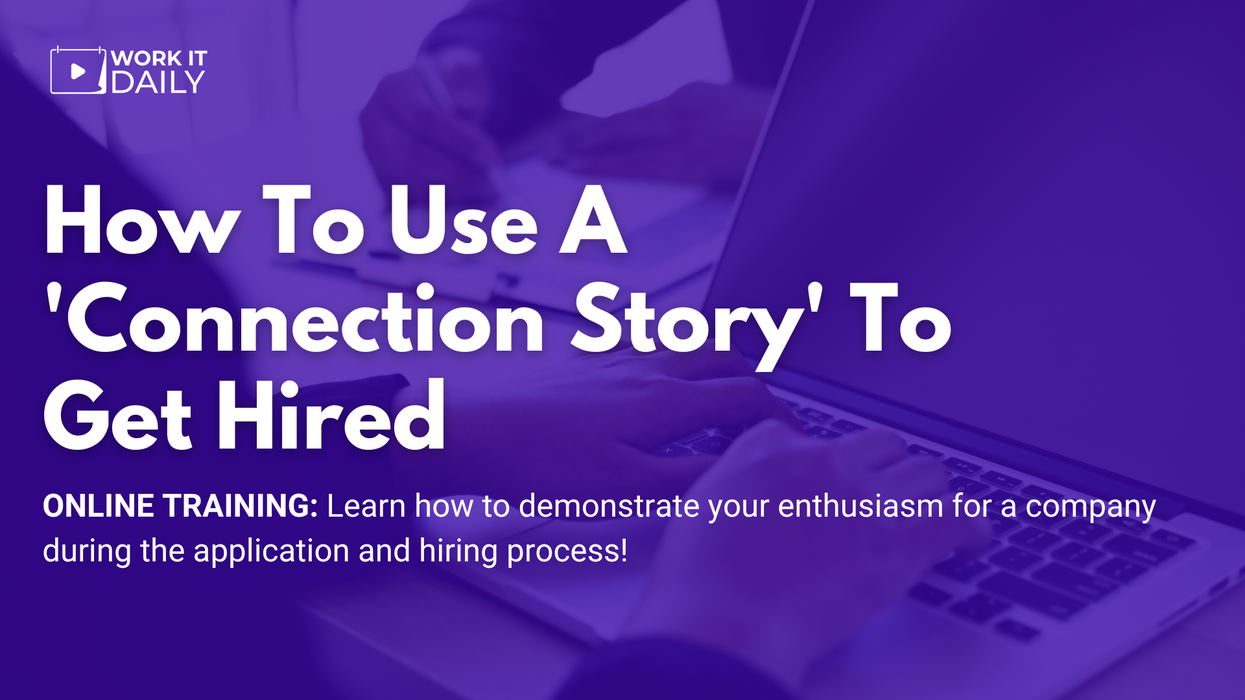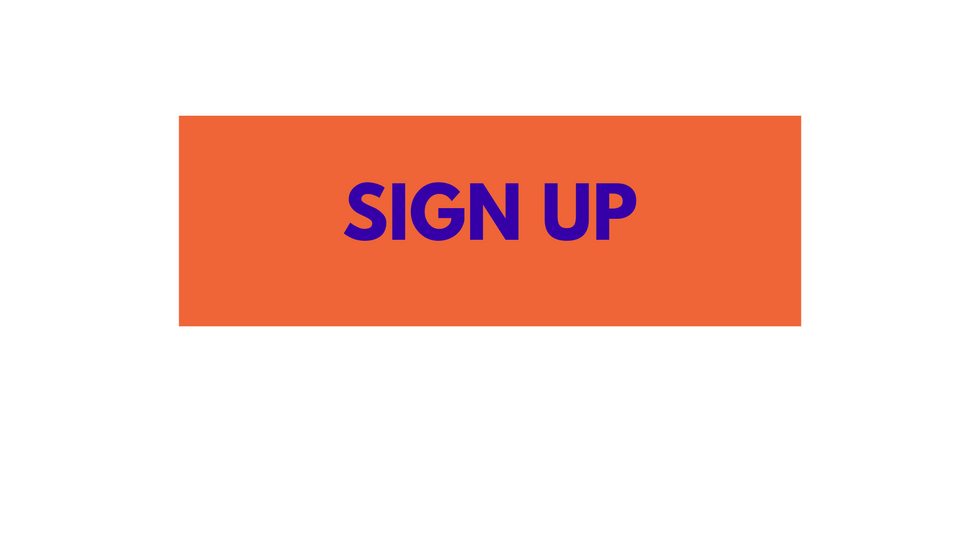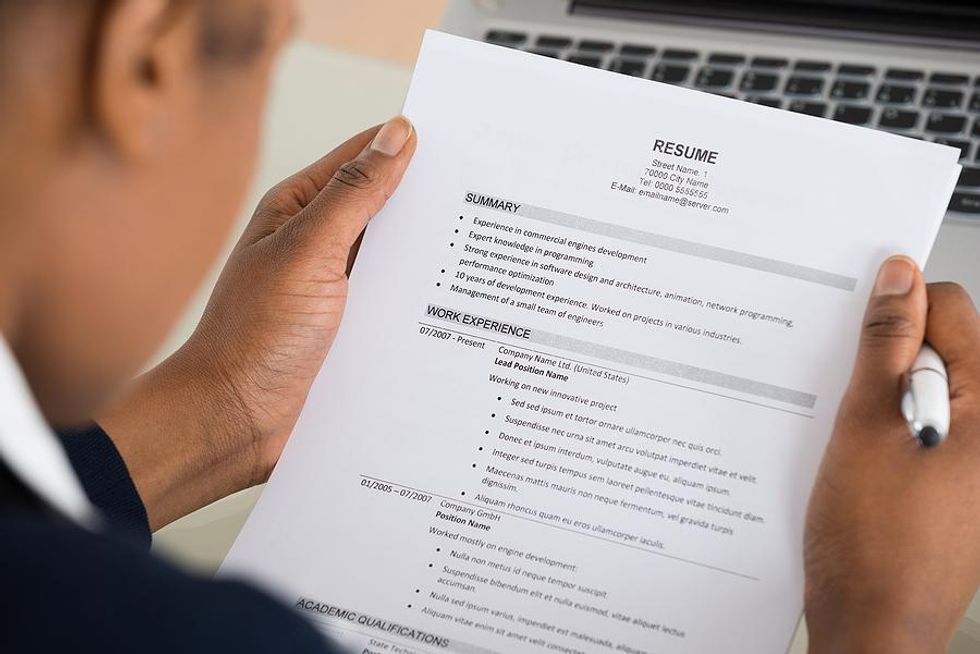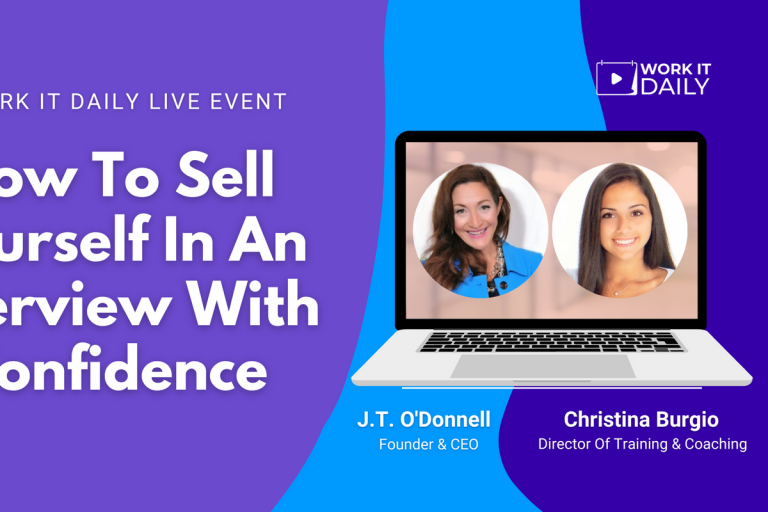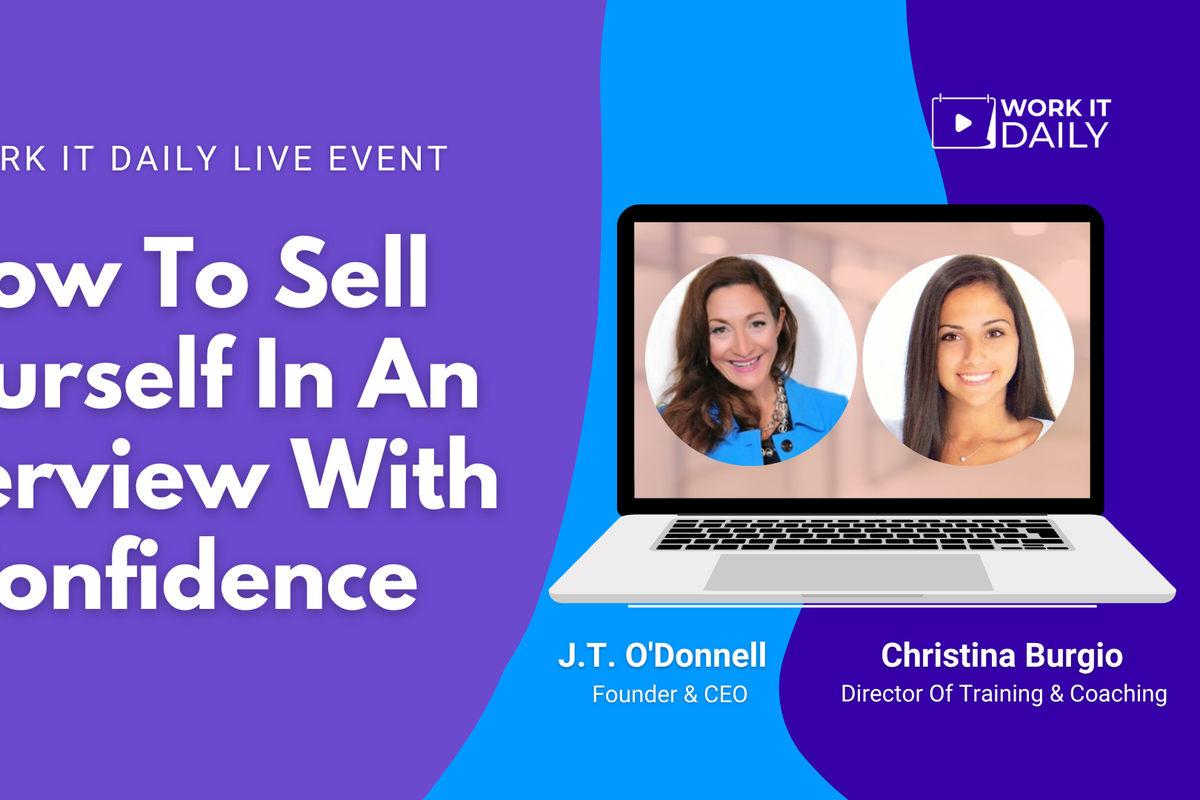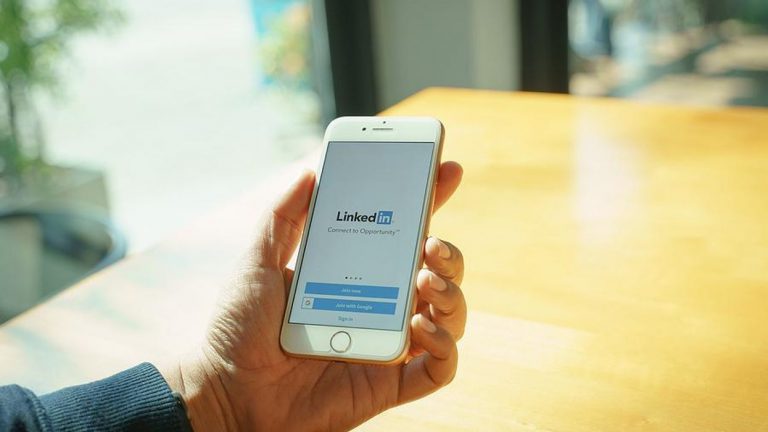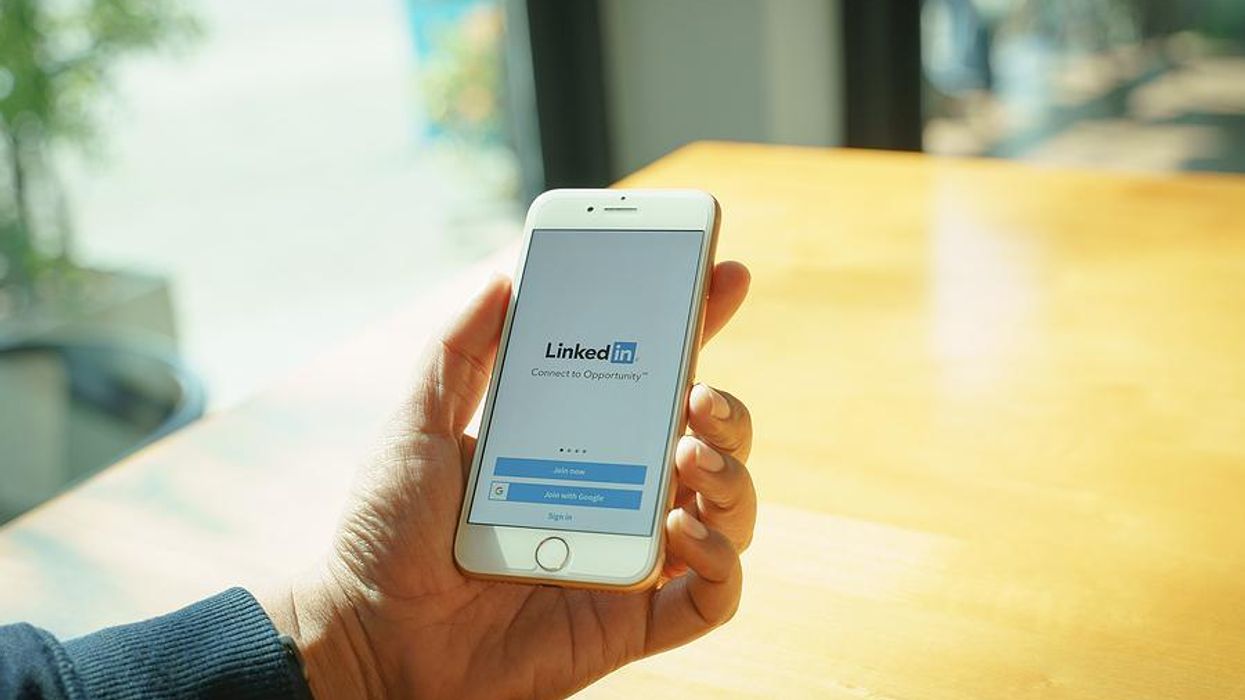6 Tips To Ace Your Phone Interview

Here are six important tips that will help you ace your next phone interview:
1. Be Prepared
Basic preparation steps include having your resume in front of you, making sure you are on a good phone line where there are no disturbances, and allocating enough time for the phone interview, even if it goes beyond what was scheduled.
2. Research The Company And The Interviewer

The first question I used to ask job seekers was, “What do you know about us?” If I did not think they had spent the time to do their homework, they were immediately downgraded. So, spend some time researching the company before your phone interview. Check out their website and social media accounts, and see what employees say about them on Glassdoor.
Also, go to LinkedIn and review the background of the person conducting the interview. Check if the manager you will be reporting to participates in LinkedIn groups and discussions, and see if you have anything in common.
3. Exude Energy And Interest

The words you use account for only 15% of the effectiveness of your communications. Intonation and body language are most important, and since you are on the phone, you live and die by your intonation. Put energy in your voice and demonstrate a high level of interest. An old telemarketing trick is to have a mirror in front of you and smile when you speak since that automatically affects your tone in a positive way.
4. Ask Questions And Build Rapport

People hire people they like, so it is important to turn the interview into a conversation by asking intelligent questions. Show off your expertise by following up their question with an insightful question of your own. Those who just answer questions and wait for the next question will lose here. Use a conversational tone, as if you are having lunch with a friend, telling a story, instead of just responding to questions.
For example, here are two ways to respond to, “Can you tell me about your experience at Bank of America”
“At Bank of America, I was hired to oversee the integration of systems that were the result from acquisitions.”
Or…
“You know, that was a really challenging experience because I had to integrate all the different systems that were the result of acquisitions. You can just imagine how tricky that would be since there were so many differences between them, and I had to research and document the trade-offs from an integration of each one.”
Which is more interesting? I did some interview coaching with a highly accomplished technical manager at Intel who was getting interviews and no call backs. It was immediately clear that he was just responding to questions in a fairly monotone manner and was about as interesting as a memory chip. After some coaching on how to build rapport using the above technique, he had three offers in four weeks.
5. Ask The Most Important Question

Companies have a reason they are looking for talent and it is your job to find out what their chief source of “pain” is. Do this by asking:
“What is the biggest challenge someone will face in this job in the next six months?”
This lets you target your responses and demonstrate how you have successfully handled these challenges before.
6. See If They Have Any Concerns

Don’t just end the call wondering how you did. Ask them. If you are going for a sales position, this is mandatory. State something like:
“Based on what we discussed today, do you think I am a good candidate for this position?”
Now, when they respond, you can handle any concerns they may have.
By using these six simple techniques in your next phone interview, you’ll be sure to make a good impression on the employer and, hopefully, move on to the next step in the hiring process.
Need more help with your job search?
We’d love it if you signed up for Work It Daily’s Power Hour Event Subscription! Get your career questions answered in our next live event!
This article was originally published at an earlier date.



